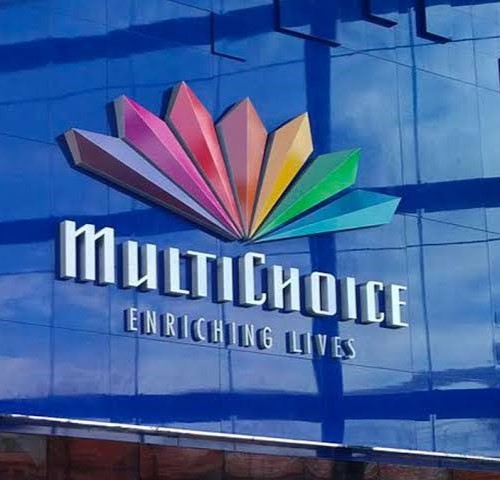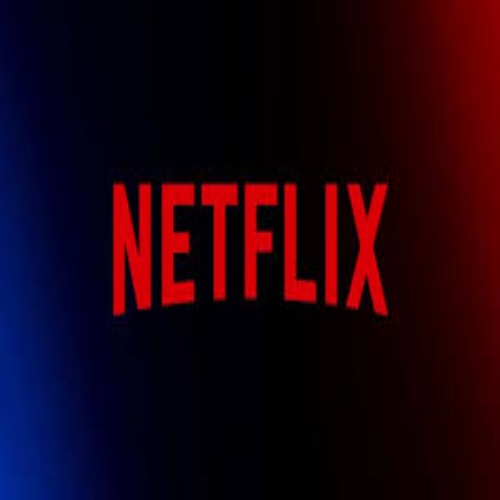
Showmax, the streaming service operated by MultiChoice, will offer on-demand video streaming along with live TV, including football matches, music, and news.
After a year of testing, Showmax has announced the launch of a new service, Showmax Pro. This hybrid platform combines regular Showmax video-on-demand content with live TV programming such as music channels, news, and live sports streaming from SuperSport.
“Showmax Pro includes all Premier League, Serie A, La Liga, and PSL games, along with a variety of live sports events including IAAF Athletics, professional boxing, and major marathons,” MultiChoice announced. The new service launched in Nigeria and Kenya on July 7 and will expand to more Sub-Saharan African countries over the next six to eight weeks.
In both countries, subscription prices have been localized, meaning the amounts are fixed in local currency rather than a universal dollar amount. In Nigeria, Showmax Pro will cost ₦6,300 ($16.25) and ₦3,200 ($8.26) for Showmax Pro Mobile. In Kenya, Showmax Pro and Showmax Pro Mobile will cost Ksh 2,100 ($19.68) and Ksh 1,050 ($9.84) respectively.
Significant Move for MultiChoice
For much of the past decade, MultiChoice has been catching up in the digital space. For the first four years of the 2010s, it lacked a streaming service, despite the rise of YouTube and Netflix.
In 2014, MultiChoice entered the streaming business with DStv Now, an online companion to its decoder pay-TV service.
Later, in 2015, it launched Showmax, its own Netflix-style service. At that time, smartphone and internet adoption were beginning to grow. By 2018, there were 302 million smartphone users and 239 million mobile internet subscribers on the continent.
However, more than 50% of mobile broadband connections were 2G, impacting the quality of users’ internet experiences.
Despite having streaming services, MultiChoice focused on its decoder-based DStv business, which provided significant revenue for years.
When Netflix launched in Africa in 2016, the DStv decoder business became vulnerable. Between 2016 and 2018, Netflix gained around 400,000 subscribers in Africa, primarily in South Africa, MultiChoice’s home market. By 2019, it had reportedly gained 152,588 subscribers in the country.
Netflix also announced an $8 billion budget for original content targeted at different regions, including Africa. Since 2018, it has acquired rights to popular Nollywood movies such as October 1, The Wedding Party, Lionheart, and Up North.
IrokoTV, the Nigerian streaming platform, has also been a notable SVOD competitor for much of the last decade.
While DStv continues to add new subscribers each year, the challenge posed by Netflix became apparent, and MultiChoice realized the need to focus on its streaming services.
In 2018, MultiChoice’s majority shareholder, Naspers, announced it would divest from the company through an IPO, completed in February 2019.
Without Naspers’ oversight, MultiChoice began charting a new path in the streaming space. In June 2019, it started testing live sports content on Showmax, indicating a shift in priority towards the service.

Showmax’s Competitive Advantage
Showmax, originally a Netflix-style service offering video-on-demand, has added live TV and sports programming from DStv Now. DStv Now, only available to subscribers with DStv decoders, has a limited reach of fewer than 20 million subscribers. This has restricted the growth of MultiChoice’s streaming service.
Showmax, however, is a standalone subscription service. Adding live TV to Showmax’s offerings could expand its reach, especially given the rarity of localized online TV services in Africa.
Showmax has few geographic restrictions and is accessible to users in Africa, Europe, and Oceania countries like Australia and New Zealand.
This is significant as DStv, and by extension DStv Now, is only available in a few African countries. The service is absent in Francophone Africa, allowing French OTT services like Canal+ to claim market share. Showmax, without this restriction, could enter these markets and compete. MultiChoice has also engineered Showmax to consume less bandwidth.
“We have adapted the service for the data connectivity constraints on the continent and focused on the most-used viewing devices,” the company said.
Given the challenges with internet connectivity in much of the continent, this could be crucial.
“Our local-first strategy allows us to tailor our content, apps, packages, and partnerships to what’s most important in Africa,” said Niclas Ekdahl, CEO of the Connected Video division of MultiChoice.
However, Showmax’s pricing could be a concern for many customers. In Nigeria, Showmax Pro’s ₦6,300 ($16.25) subscription fee is relatively high. The Pro is more expensive than the regular Showmax subscription (₦2,900/$7.48) and a basic Netflix subscription ($7.99). Showmax Pro Mobile is cheaper and includes most of the regular Pro offerings.
Whether the price point will deter customers is uncertain, as many people are now accustomed to consuming video online.
Another important question is the value proposition of DStv Now if Showmax offers live TV. Sources indicate that both services will continue to coexist for now. MultiChoice is not alone in this approach; UK company Sky uses a similar strategy for its online offerings.

Showmax’s latest move comes at a time when Netflix is facing significant competition in the US. Disney, Apple, Amazon, WarnerMedia’s HBO, Hulu, and NBC Universal have all entered the SVOD market in the country. Will this competition at home distract Netflix’s Africa plans? Not likely.
Netflix remains focused on expanding its local content. In February, a team of high-level Netflix executives, led by Ted Serandos, the company’s Chief Content Officer, spent a week meeting local creators across Africa.
In February, the African original series Queen Sono premiered on the platform. In the same month, Netflix created a new Twitter handle, Netflix Naija, as part of its growth strategy for Nigeria. With reportedly fewer than 50,000 subscribers in Nigeria, Netflix has announced new original shows and movies for the Nigerian market. Netflix also adopted localized pricing for Nigeria and Kenya in 2019.
The competition between Netflix and Showmax in Africa is expected to intensify in the coming months.


